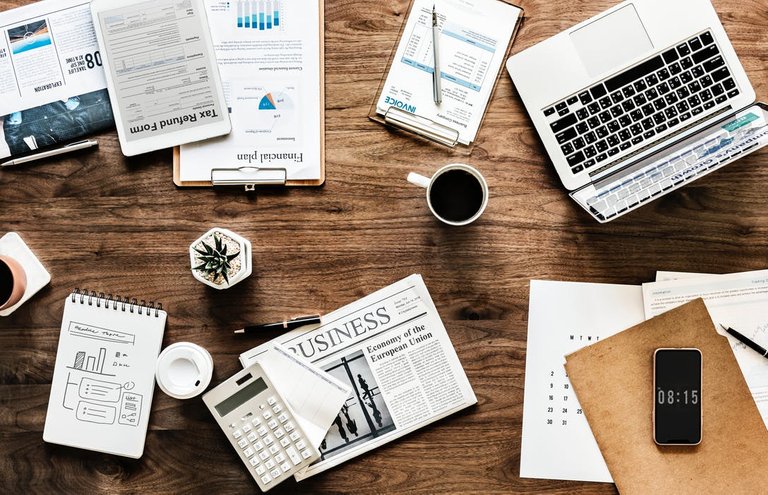
For many students, time isn't a luxury, so it is important to get the most educational value out of the time you have available.
Being an effective learner isn't about the speed you put in learning, this is not the only important factor. Being able to retain, remember and transfer are also very critical. So what can you do to become a better learner? Putting in a few of the tips listed in the article will set you on the right part.
Learn And Practice New Things
When you stop practicing your new skill, you most likely forget how to go about that skill after a while. This is because learning and practicing goes hand in hand.
So if you're learning a new language, keep practicing the language in order to maintain the level of sophistication you have achieved in the use of that language. A process involving the brain known as "pruning" is the cause of this "forgetfulness". Here, functional pathways in the brain are maintained, while other are removed. To new information in your head, you just have to keep practicing and rehearsing it.
Teach What You've Learned
One of the best ways to learn something is to teach it to someone else. By teaching someone or a group of people, you would gain even more from the exercise. You can apply the same principle today by sharing your newly learned skills and knowledge with others.
Translate the information you learn into your own words. This process helps solidify new knowledge in your brain. Find a way to share what you've learned. If you're shy about teaching, you could still put out what you've learned through other means. You could write a blog post, participate in a group discussion. or even create a podcast.
Gain Practical Experience
Learning to many students is reading textbooks, attending lectures, or doing research in the library and the web. Seeing information and writing it down is important, but putting new knowledge and skills into practice is one of the best ways to improve learning.
Focus on gaining practical experience if you're trying to acquire a new skill. If it is a sport or athletic skill, perform the activity on a regular basis. If it is a new language you are learning, practice by speaking with another person. Strike up conversations with people who can speak that language to practice your budding skill.
Look Up Answers Rather Than Struggle to Remember
If you are struggling to remember some bits of information, research says you are better offer simply looking up the correct answer.
According to a study, the longer you spend trying to remember the answer to something, the more likely you will be to forget the answer again in the future. Why? Because these attempts to remember previously learned information actually results in learning the "error state" instead of the correct response.
Stop Multitasking
Many people think that people who perform more than one activity at once, or multitask have an edge over those who do not. However, research suggests that multitasking can actually make your learning less effective.
In a study, participants lost significant amounts of time as they switched between multiple tasks and lost even more time as the tasks became increasingly complex. By switching from one activity to another, you will react slowly and your learning process will be slow thereby making you become less efficient and liable make more errors.
Focus your attention on the task at hand and continue working for a predetermined amount of time, this wat you can avoid the dangers of multitasking.
Hi! I am a robot. I just upvoted you! I found similar content that readers might be interested in:
https://www.verywell.com/how-to-become-a-more-effective-learner-2795162